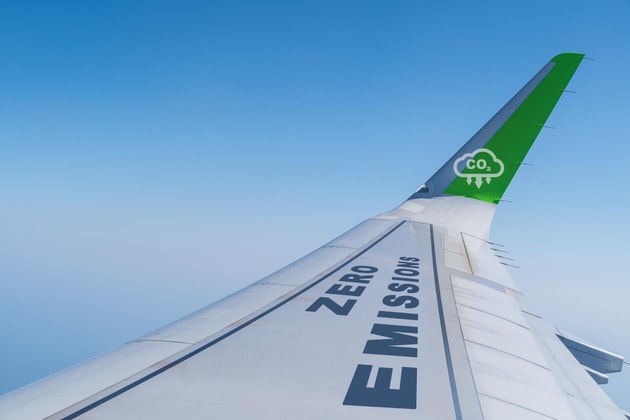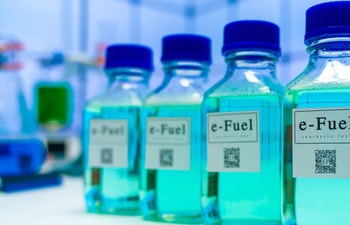A Boeing-based project has been announced in Brisbane, Australia, to produce around 102 million litres of sustainable aviation fuel (SAF) and 12 million litres of renewable diesel (RD) annually to decarbonise Australia’s aviation and heavy transport sectors.
Wagner Sustainable Fuels is the owner of the plant and recently confirmed its selection of technology, developed by LanzaTech Global and Lanza Jet, to covert waste carbon and renewable power into SAF at the facility.
Launched earlier this year (June 2024), the duo’s CirculAir™ process utilises LanzaTech’s carbon recycling to convert transform local waste streams, such as industrial emissions, into CarbonSmart™ ethanol.
In a second stage, LanzaJet’s alcohol-to-jet technology converts ethanol into SAF.
Already, the venture has secured a cornerstone investment from Boeing and $760,000 of funding support from the Queensland Government towards its feasibility study.
If given the green light, plant construction is expected to commence in 2026.
Matt Doyle, CEO of Wagner Sustainable Fuels, said, “Aviation uses billions of litres of fossil jet fuel per year and accounts for around 2.1% of global CO2 emissions.”
He also notes that, in Australia alone, demand for jet fuel is expected to increase by 75% over the next 25 years. However, with a push for the sector to decarbonise its operations, change must happen.
With that in mind, it estimated that SAF will account for 65-70% of the emission reductions needed to meet the industry’s 2050 goal of Net Zero emissions.
In Australia, Qantas has committed to using 10% SAF in its overall fuel mix by 2030 and around 60% by 2050. Annual Australian demand for jet fuel has averaged 7,700 million litres over the last five years and is growing[1].
Dr. Jennifer Holmgren, CEO of LanzaTech and Board Chair of LanzaJet, believes there is enough carbon in the ground to transition the 100 billion gallons of fossil fuel-derived jet fuel consumed each year to jet fuel made from recycled carbon.
The International Air Transport Association (IATA) suggests that, in 2023, SAF production tripled to 600 million litres from 300 million litters in 2022, representing 0.2% of global jet fuel use[2].
It also recently confirmed that its projections for a tripling of SAF production in 2024 to 1.9 billion litters are on track. This would account for 0.53% of aviation’s fuel need in 2024[3].






